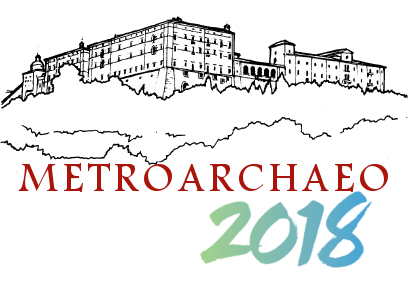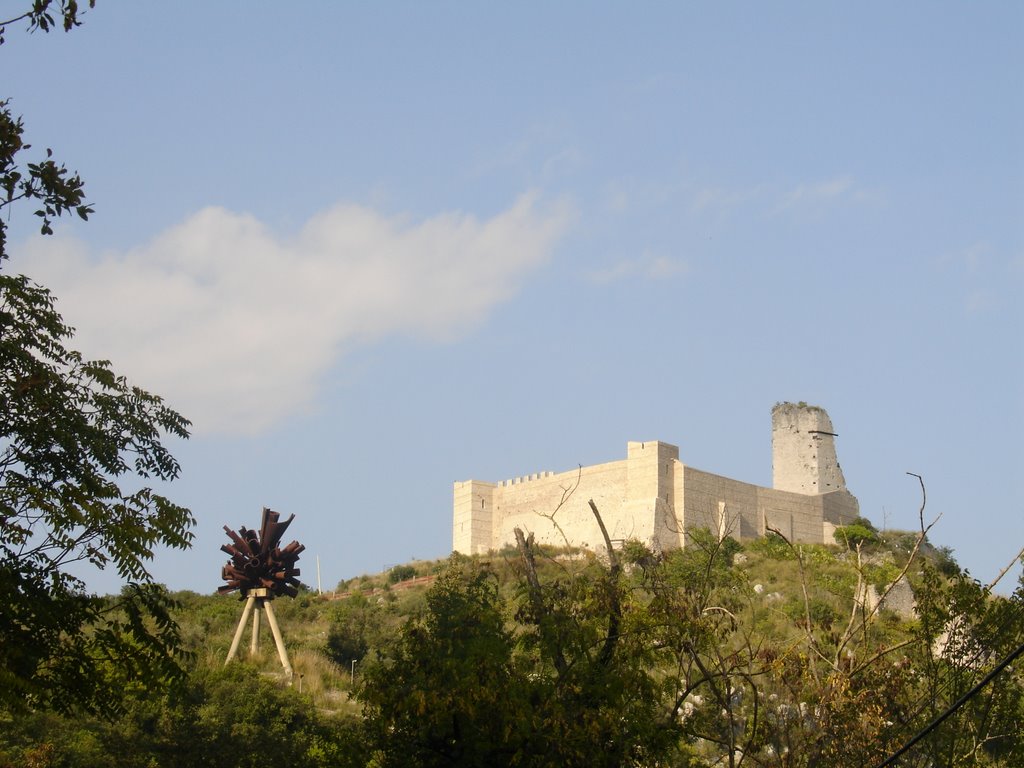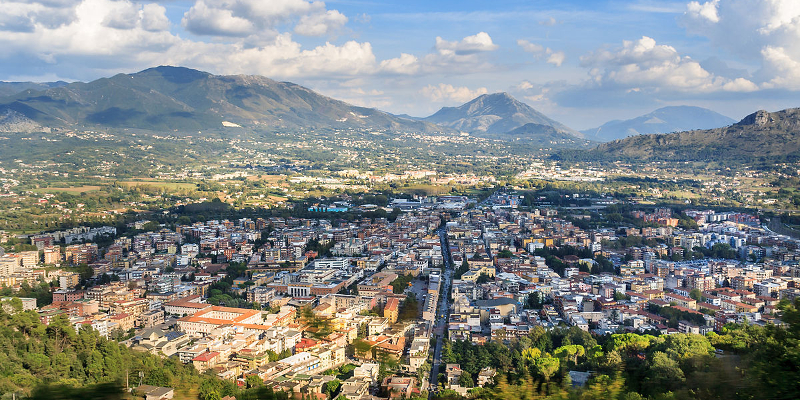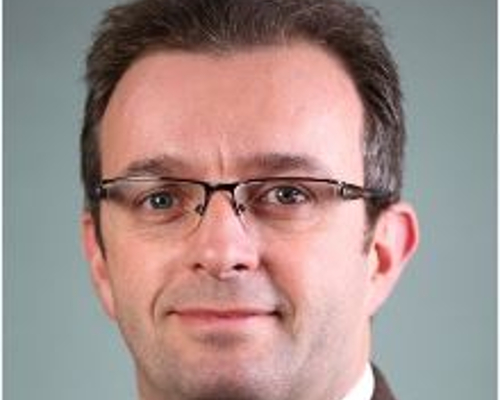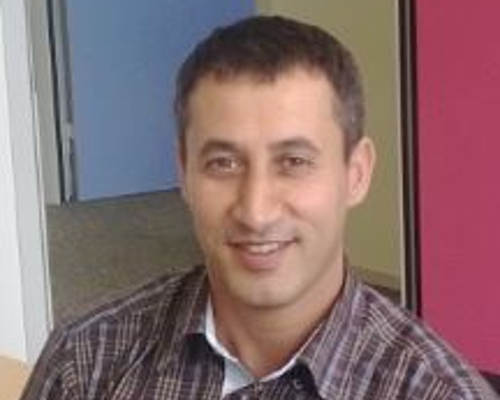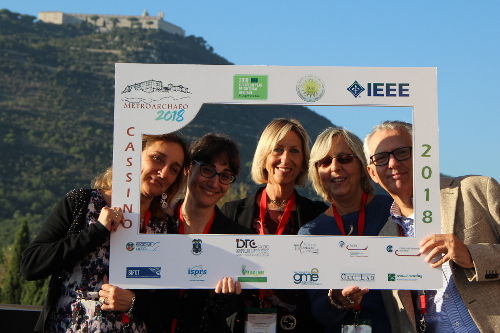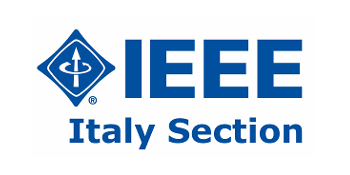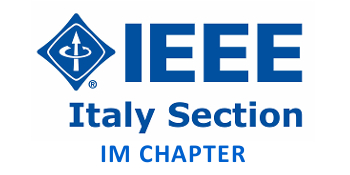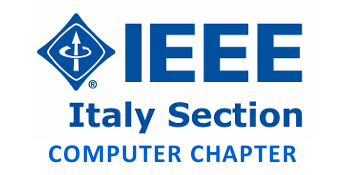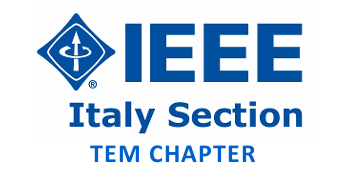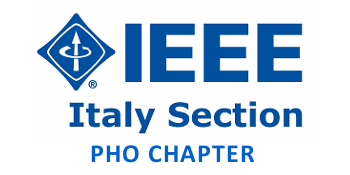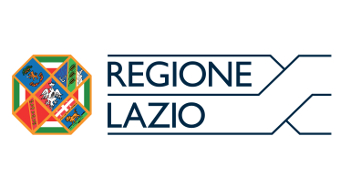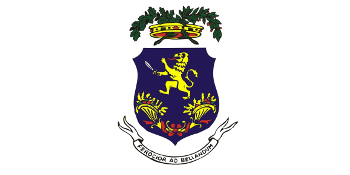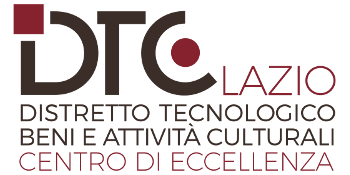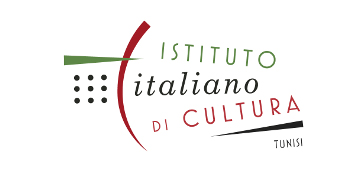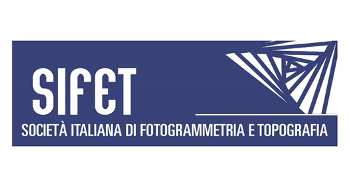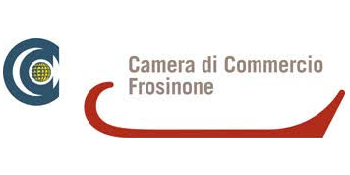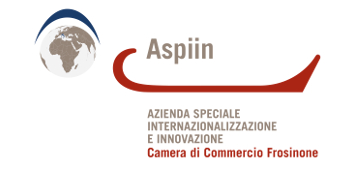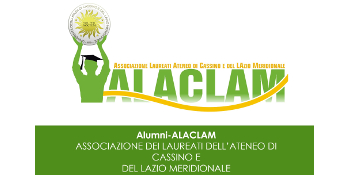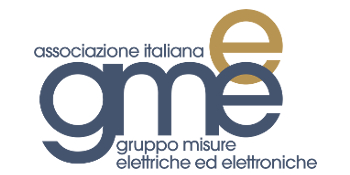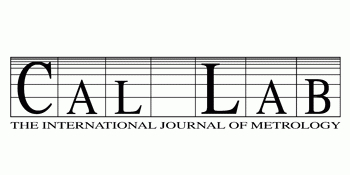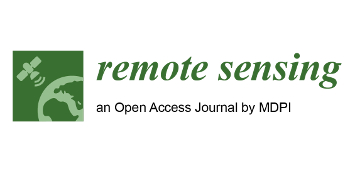New technologies deployment for visitor experience improvement
ORGANIZED BY
Andi Smart
University of Exeter
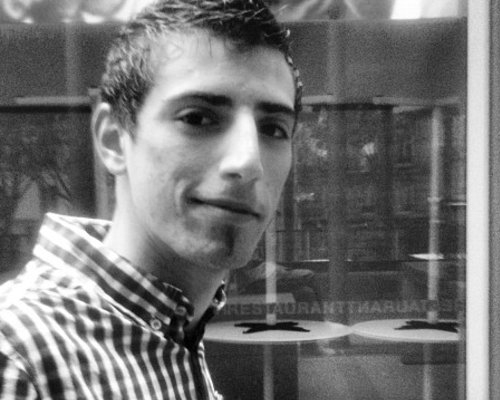
Mohamed Amin Benatia
CESI-Rouen
Mourad Messaadia
CESI-Rouen
ABSTRACT
The field of tourism is facing a great revolution driven by the evolution of digital technologies, the increasing visitor requirements (silver economy and educational needs) and the development of social media. Nowadays, visitors able to compare, comment and plan their entire tourist journey. This revolution is characterised by the mass integration of new technologies such as virtual reality, augmented reality, big data, etc. in cultural heritage sites allowing new ways of tourism. Thereby, heritage sites are facing great challenges which are: ability to combine new technologies, improve the visitors' experience and offer customized visits. However, new adapted business approach should be developed to tack benefit from offers evolution and behavioural and organizational changes related to digital.
The Interreg project VISTA-AR is one important rather recent project addressing these types of challenges and aims to deploy new technologies for visitor experience improvement. An important work has been addressed by Vista-AR consortium to develop innovative solutions for this issue.
In order to improve discussions and give feedback, VISTA-AR team will be involved and will share its experience and also participate in discussions and exchanges on the following topics:
- Challenges of digital tourism
- New technologies deployment for heritage sites
- Data collection and analysis for visitor experience improvement
- Visitor behaviour modelling
- Indoor and outdoor visitor localisation
- Digital reconstruction of story board
- New business plan and strategies of heritage sites
ABOUT THE CONVENERS
Andi Smart joined Exeter in 1998. He is Professor of Operations and Process Management, Director of the Centre for Innovation and Service Research (ISR), and Head of Management Studies within the Business School. He has undertaken a number of external duties including: Co-Editor of the International Journal of Operations and Production Management (2009 – 2013); External Examiner for Glasgow University (2007- 2011); Board Member of the European Operations Management Association (EurOMA) (2007 – 2011). His research interest is in the design and improvement of operational systems, particularly from an Activity System perspective. He is currently investigating Business Models in the mobile payments ecosystem, the optimisation of maintenance activities for off-shore wind farms, the improvement of patient experience in healthcare systems, and the modular design of activity systems. He engages a range of research approaches including case-based qualitative research, discrete event simulation, text analytics and modelling.
Mohamed Amin Benatia is an assistant professor in computer science at the CESI engineering school (Rouen-France). He has also a PhD in computer science obtained from the INSA-Rouen and a Master of Science in computer networks from the University of Pierre et Marie Curie. His areas of interest in research are: Big Data, Deep Learning for industrial systems and Geolocation in indoor environment and distributed and parallel processing.
Mourad Messaadia graduated in 1997 in Automation Engineering. In 2003 he received his Master degree in Automation and production processes at Polytechnic National Institute of Grenoble (INPG). In 2008, he held a PhD degree in Industrial Engineering at LAAS-CNRS laboratory, University of Toulouse “Paul Sabatier”.
He worked in Gas industry (GI) as a MAINTENANCE ENGINEER and also as WORKSHOP SUPERVISOR for three years. He worked as a RESEARCHER at the University of Technology of Compiegne (UTC) for five years. In 2013, he joined Graduate Engineering School CESI at Rouen as a LECTURER and RESEARCHER. He participated to European projects (ActionPlanT, Suplight, BENEFITS and Vista AR) and different French projects. His recent research interests are ICT technologies deployment, Data analysis and PLM approaches.

